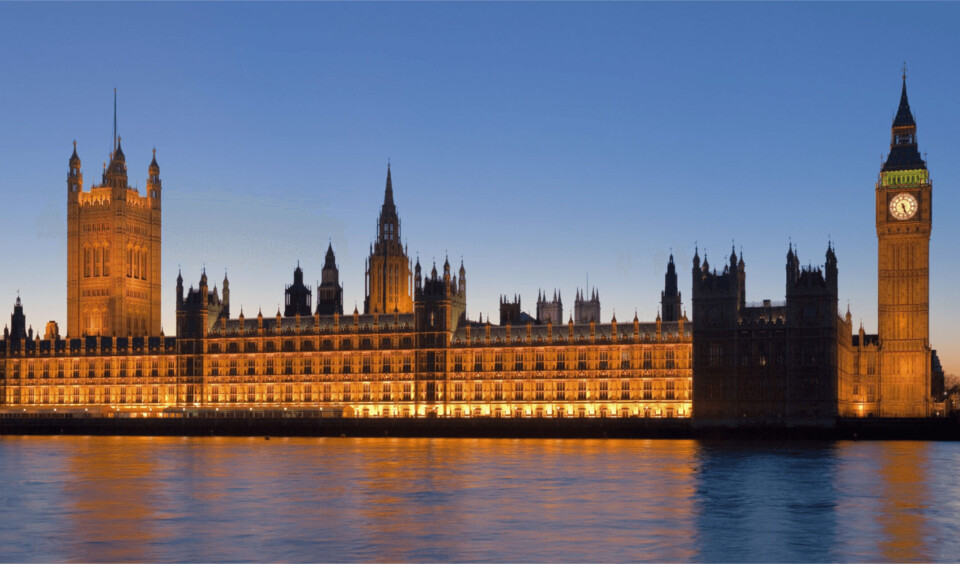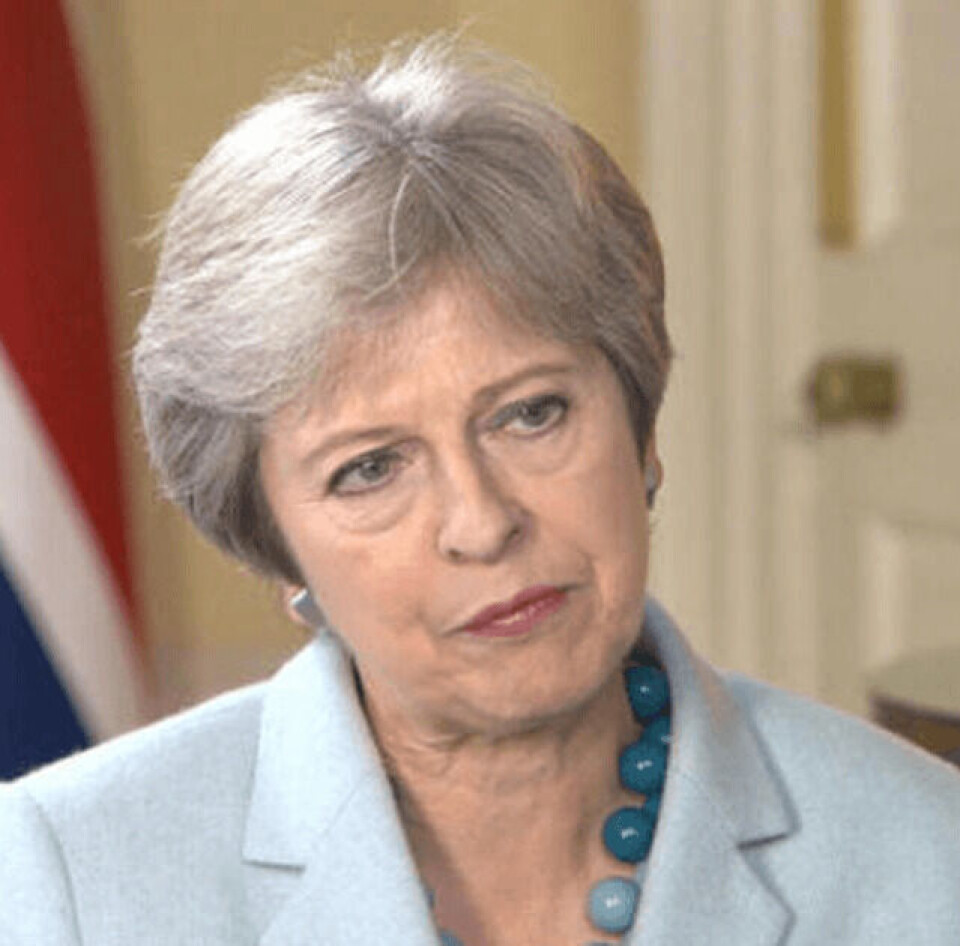
Aquaculture awaits next move on Brexit
Scotland’s finfish and shellfish farmers are awaiting today’s next chapter in the UK’s long-running Brexit saga following the House of Commons’ rejection of Prime Minister Theresa May’s deal to leave the European Union.
The Scottish Salmon Producers’ Organisation (SSPO) has repeatedly stressed the importance of frictionless trade for the industry’s perishable products, something that Brexit – and particularly leaving without a deal – threatens.
SSPO chief executive Julie Hesketh-Laird said the industry was optimistic in the long-term and sees a bright future ahead, but also pointed out that the EU is a big market for Scottish salmon, worth over £290m annually.

Immediate problems
“A no-deal exit would cause immediate problems for the Scottish farmed salmon sector including tariffs for product being exported to European markets and the very real threat of logistical delays of getting salmon into the EU,” said Hesketh-Laird. “For hauliers carrying perishable goods such as fresh fish, this is obviously more of a risk than for other carriers.
“There is still confusion over how many certificates will be required, who can issue them and even if there will be a temporary grace period when the certificates won’t be needed. Nobody knows the answers to this one either but, as the clock ticks down towards March 29, this is obviously another area of concern.
“The current Withdrawal deal poses problems as it couples all seafood exports to Europe with access to North Sea fishing grounds and caught fish quotas. We believe salmon exports should continue, regardless of discussions over quotas and fishing grounds and we will be arguing for that to continue.
“SSPO is watching Parliamentary developments closely and working with both the Scottish and Westminster Governments to try to ease the pressure on any potential pinch points.”

New vote tonight
After her defeat by 149 votes last night, May has tabled a motion stating that the House of Commons will not approve Brexit on March 29 without a withdrawal agreement or future relationship framework, but notes that leaving with no deal is legally the default option - unless both the UK and EU ratify an agreement.
It will be voted on tonight at around 7pm.
Six amendments have been proposed to the motion, including one by Midlands MPs Caroline Spelman and Jack Dromey that rejects a no-deal Brexit at any time and under any circumstances.
Although Tory MPs have been given a free vote on May’s motion, the BBC reports that they will be ordered to vote against the Spelman-Dromey amendment.
If MPs do vote for May’s motion, they will be asked on Thursday to vote for a delay in the implementation of Brexit, although that would have to be agreed by the EU, which has said it would need a “credible justification” for extending the process.
No-deal tariffs
Meanwhile, the UK government has said it will cut tariffs on a range of imports from outside the EU. Under a temporary scheme 87% of imports by value would be eligible for zero-tariff access - up from 80% at present.
Tariffs would be maintained on beef, lamb, pork and poultry and some dairy products, to protect the agriculture industry from cheap imports, and certain protected lines of fish, where tariffs are used to permit preferential access to the UK market for developing countries.
The decision means EU imports that are currently tariff-free would also attract tariffs at a proportion of the Most Favoured Nation (MFN) tariffs applied to imports from outside the EU.
These would be 53% of the MFN rate for beed, 60% for poultry meat, 100% for sheep meat.
Importantly, there would be no import tariff for fish / seafood, other than protected lines, something that might influence any tariff the EU might impose on UK-produced seafood.























































